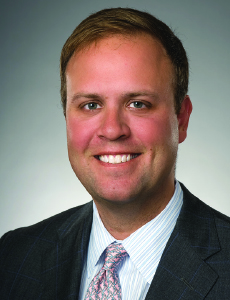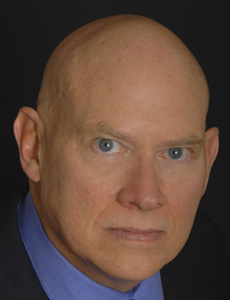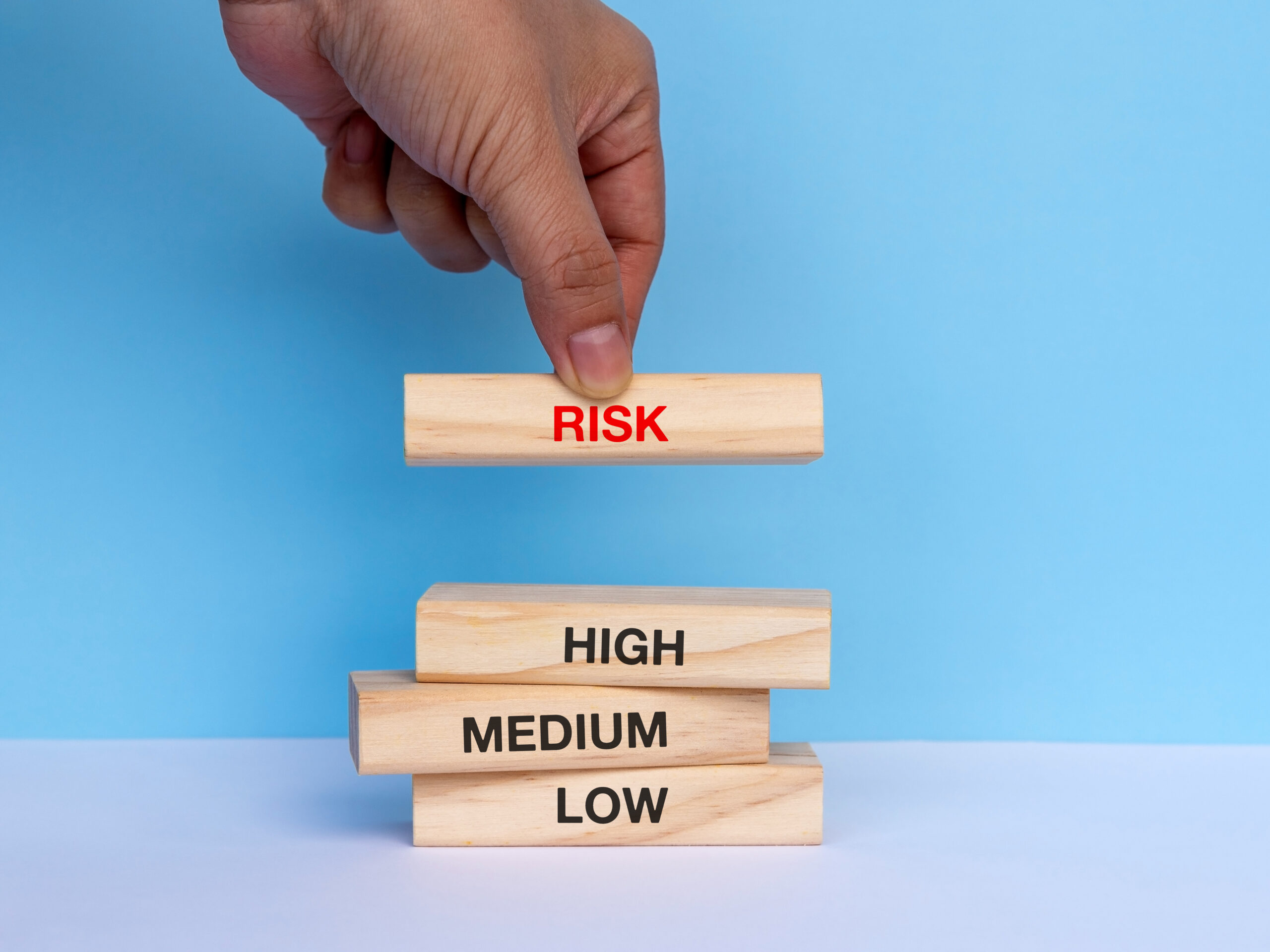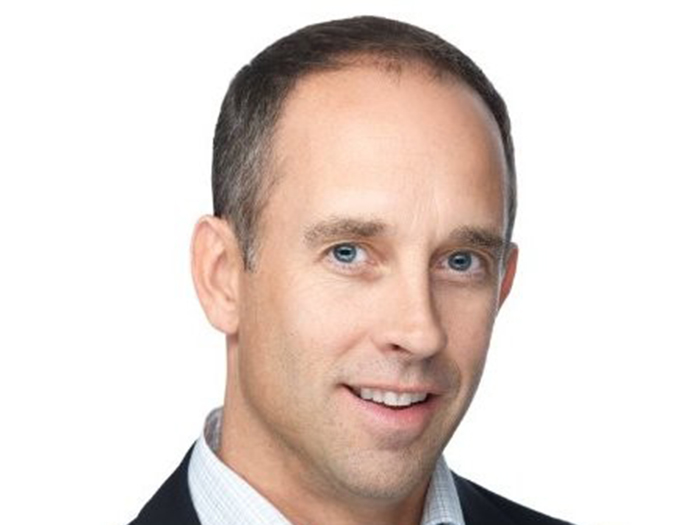Hospitality Risk
What the Vegas Shooting Means for Hotel Security
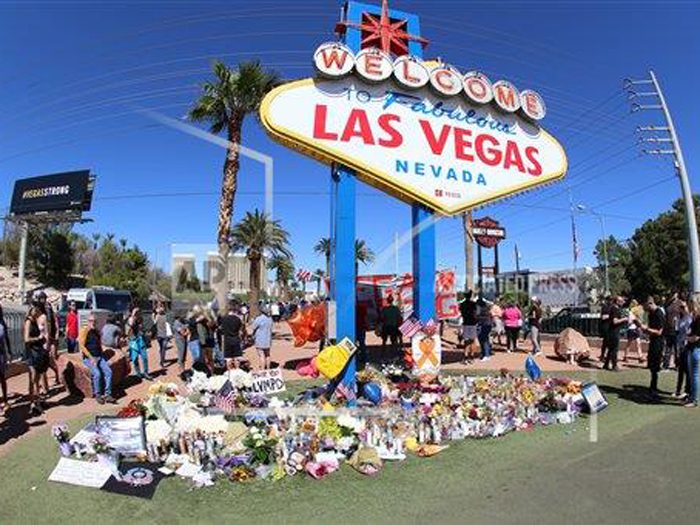
Movie theaters, schools, nightclubs, work functions… these are places where no one expects violence to break out, but where mass shooters chose to carry out their crimes. With the shooting in Las Vegas, executed from a suite in the Mandalay Bay Resort and Casino, the hotel industry now joins that list.
The hospitality sector has long been acknowledged as a soft target, relatively unprotected from shootings, terror attacks and other types of violence. To some degree, that’s not likely to change. Hotels face unique challenges in crafting security plans. They need to have enough visible security to make guests feel safe, but not alarmed. They need to identify and investigate suspicious behavior while respecting patrons’ privacy.
“There’s a fine balance between having security onsite at a hotel and invading guests’ personal space or causing concern,” said Christian Ryan, U.S. Hospitality and Gaming Practice leader, Marsh.
However, some believe that the latest incident, which claimed 59 lives, will spark a culture change. Guests may become more comfortable with and even expect armed guards and metal detectors. They may not mind having their bags scanned if they recognize it could prevent another attack.
Lance Ewing, EVP, Global Risk Management at Cotton Holdings Inc., said that Americans tend to see safety as a right and often take it for granted.
“People in other countries don’t necessarily take safety for granted. In some European, Middle Eastern, and Asian countries, hotels are already using armed guards and metal detectors. Some have bomb-sniffing dogs in the lobby. Some take your bags when you arrive, scan them and deliver them right to your room so you don’t even touch them once you enter the building,” he said.
“Are we ready for those measures in the U.S.?”
Ryan said that scanning luggage could be the “next evolution” of hotel security.
“People in other countries don’t necessarily take safety for granted. In some European, Middle Eastern, and Asian countries, hotels are already using armed guards and metal detectors. Some have bomb-sniffing dogs in the lobby.” — Lance Ewing, EVP, Global Risk Management, Cotton Holdings Inc.
“Some propositions are in the works for hotels to start scanning bags, though it’s not likely in the near future,” he said. “The public may demand some extra security in light of the events in Las Vegas, and there could be legislation down the road.”
Advanced technology like facial recognition software may also play a larger role in threat identification. So far, development of that technology has focused on making the travel experience more pleasant for hotel guests. Recognizing and keeping tabs on a guest tips the hotel off to his or her particular preferences — what type of drink does he like; what kind of amenities might she be interested in?
But it could also be used to “cross-reference databases to conduct background checks and look for criminal histories,” Ryan said. That could help to counteract the fact that express and mobile
check-in capabilities — also a product of technological advancement — reduce interaction between hotel staff and guests, making it tougher to spot suspicious behavior.
Of course, not every person looking to cause harm will have a criminal history, or at least not one that will raise red flags at the front desk.
Bo Mitchell, founder and president of 911 Consulting, said that often the perpetrators of mass shootings and other high-profile attacks “look like your uncle, your cousin, your sibling,” and that facial recognition software “can’t recognize crazy.”
“You can’t stop these attacks committed by unstable people. Your obligation is to respond to them,” he said.
Adoption of tougher security will depend on a hotel’s type, location, and clientele. Resorts and casinos that aim to entertain as much as to provide accommodation will draw larger crowds than simpler hotels that primarily serve business travelers, airport layovers or people en route to somewhere else.
Current Practices and Challenges
None of this should suggest, however, that hospitality companies haven’t already invested heavily in security and crisis management.
“Safety and security have always been a linchpin of hospitality, and the majority of hotels are extremely safe places,” Ewing said.
Most security planning is and will continue to be focused on training staff to identify suspicious behavior and respond appropriately — though it may be kicked up a notch.
Housekeeping staff plays a key role in noticing anything suspicious in a guest’s room, including weapons, drugs, extra wires, signs of human trafficking, or an unusually large amount of luggage. They can also keep tabs on how long a guest has kept their ‘do not disturb’ sign on the doorknob.
“How long can someone leave up a ‘do not disturb’ sign? If they’re staying for a week and no one’s been in the room, that should be a red flag,” Ryan said.
Active shooter training is also a mainstay of hospitality risk management, and has been since Columbine put mass shooting on everyone’s radar.
“Chances are if someone notices something suspicious, other people have too. But you can’t put those pieces of the puzzle together if you haven’t trained employees to say something.” — Michelle Colosimo, director, BlackSwan Solutions
High turnover rates make it difficult to get that training to stick, however, and hotels have to continually bring new employees up to speed. Ewing also noted that at some franchise hotels owned by flagship hospitality companies, training doesn’t always “trickle down” to the housekeeping and food and beverage staff as it should. Mitchell has also observed a lack of emergency training among hotels employees, even though such training is required by OSHA.
“The leadership level might know what to look for and what actions to take, but that needs to be pushed down through the ranks,” said Michelle Colosimo, director, BlackSwan Solutions. “And people need to comfortable airing their concerns, without worrying if they’ll be perceived as overreacting or be retaliated against. Chances are if someone notices something suspicious, other people have too. But you can’t put those pieces of the puzzle together if you haven’t trained employees to say something.”
Hotels typically work closely with local police departments, who in many cases will provide active shooter training for free if requested, Marsh’s Ryan said.
“The magnitude of people that come in and out of the casinos and hotels in Las Vegas requires a robust security force, and heads of security are in close contact with police,” he said.
Open carry laws that vary state by state have always posed a challenge, but could complicate security policies going forward.
What Lies Ahead
Las Vegas police have generally been credited with good instincts and fast response in locating the shooter on the 32nd floor. But other reports cite slow communication between hotel staff and officers. Could better planning have prevented loss of life?
“Security in some ways runs counter to the culture of a hotel. They want to embrace, nourish and nurture their guests. No one wants to think about bullets and bodies,” Mitchell said.
“Active shooter scenarios are not necessarily the types of events venues are preparing for. It’s a risk you take on that you expect to be small, but that can have huge implications,” Black Swan’s Colosimo said.
High profile locations with casinos and entertainment venues, or those close to concert halls, arenas, parades or other gathering places will need to expand their security scope to include non-traditional threats.
Hospitality companies can look to other sectors for lessons learned. Universities, for example, have been targeted in several shootings.
“They have the job of training students, staff and security police, but it’s not invasive. You don’t see armed guards standing at the entrance of every lecture hall. They’ve developed some best practices that could be introduced into the hospitality space,” Ryan said.
One of those best practices is a mass alert or notification system. Universities can notify students and staff of everything from a school closing to active shooter or shelter-in place situation via text message. Likewise, hotels could employ such a system to remind employees what to do in the event of an emergency – whether they should shelter-in-place or evacuate and where to go.
“You don’t think as clearly in a crisis situation as you do when you’re calm. Having that alert that tells you what to do or where to go can help you make a decision,” Colosimo said. “You can also segment those messages to send different communications specifically to your crisis response team if you want to. Managing your communication channels is key.”
Some industry experts compared upcoming changes in hospitality risk management to the response by airports after the 9/11 attacks. Security got noticeably tighter, and has become a fact of life. But the changes were not always made quickly, and it took time for the public to adjust. &

